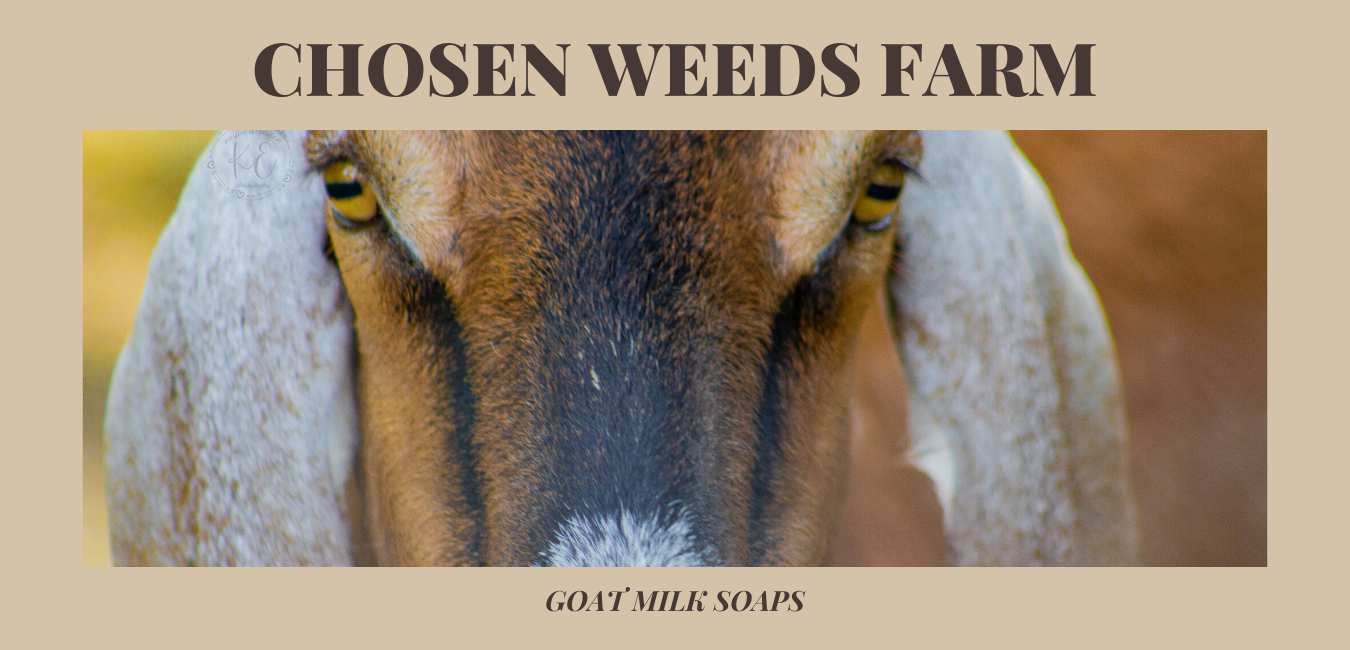
It’s never a dull moment on the homestead, and when you wake up to blood in your chick’s poop, that will really get your gears going. Thank goodness for the internet where you can research your way to a diagnosis for your animals, or, if you’re not careful, a hypochondriac animal owner.
Two days ago I discovered this in the chick brooder. There was no need to panic, but clearly something was wrong.


So where did my research lead?
With this help of this chart and some reading, I was able to determine that my cute little baby chicks more than likely had Coccidiosis. This site will help you further understand your chicken’s poop (how exciting, right? J )
Coccidiosis (Eimeria tenella) is a protozoal parasite (This is different from bacteria. I have seen some sites saying that it is caused by a bacteria. This is inaccurate information and could lead to an incorrect treatment strategy) and is the number one cause of death in chicks worldwide. It can infest any bird at any age, although 2-8 weeks of age is the most common age for them to suffer from overload of the protozoa.
Here is a video showing the life cycle of coccidiosis and how it affects chicks:
There are 31 chicks in the brooder ranging from three weeks old to about five or six weeks old (over-crowding isn’t a concern as the brooder is large enough for all of them). Two chicks were hatched on the homestead (these were the younger ones) and the rest were bought from the local feed store (so not positive on the age). With that many chicks it’s nearly impossible to determine which ones have it and which ones don’t. It doesn’t really matter because once one displays the bloody stool, the whole flock will need to be treated. We have never had a problem before so it’s possible that the broiler chicks from the feed store carried it with them since they are more commonly infected and come from tighter living quarters. This parasite is very common and thrives in damp and warm conditions (this is Southeast Texas to a tee. Plus it has been a particularly hot, wet, and humid summer.).
Where it came from, feed store stock quality, and whether the breeder had sanitary living conditions for their birds doesn’t seem to matter when you find evidence of this in your brooder. All of the chicks must be treated immediately and there is no time to place blame. Everyone in our young flock was acting normally – no lethargy or listlessness, all appeared to be eating normally and drinking well, so honestly, I was a bit hesitant to treat for something that may not be and, although the medication is considered safe, I don’t like medicating our animals unless absolutely necessary. But, this could potentially lead to a serious infestation and an infected chick can rapidly decline while spreading the nasty critters, so it’s important to start treatment right away.
The chicks are currently being treated with Corid (which I was able to find at the local feed store). I put 9.5 cc’s of medication into a gallon of water and pour that water into their water bottles. This solution should be made daily. Treatment will be done for four days, with two week break, then an additional three days [1]. After treatment is done, we will be giving a probiotic to help build up their immunity and repair their gut.
There is also a drug called Sulmet that can be used as well to treat Coccidiosis.
Here is a general list that will hopefully help you in your diagnosis (in addition to seeing the poop):
- Droopiness & listlessness
- Loss of appetite
- Pale combs and wattles
- Ruffled, untidy feathers fluffed up for no apparent reason
- Huddling or acting chilled
- Blood or mucus in the feces, although it’s important to note that some occasional red coloring due to them shedding their digestive lining is normal (see link to chart above).
- Diarrhea
- Dehydration
- Alive one day, dead the next.
However, the best thing to do is create a clean, healthy environment that prevents the spread of this protozoa. Keep everything as clean and dry as possible (I know this is hard with birds as they are pooping machines). We use nipple waters to prevent spillage. Also, do not keep chicks with adults. The older birds can shed the protozoa in the feces [2] and chicks have not yet had time to develop an immunity. Some people will use a medicated feed for prevention but there are drawbacks to this as well. The protozoa could develop resistance to the medication and it does not allow the chicks to develop natural immunity [3]. Avoid overcrowding and rotate your adult birds to different areas if possible.
I hope this helps anyone that encounters the sickening feeling one has when you know something is wrong and you’re not quite sure what to do
Sources:
- http://www.the-chicken-chick.com/2012/12/coccidiosis-what-backyard-chicken.html
- http://www.chickenwhisperermagazine.com/articles/coccidiosis-chickens-transmission-diagnosis-and-treatment
- http://www.poultryshowcentral.com/Coccidiosis.html
Additional Resources:
- http://www.merckvetmanual.com/mvm/poultry/coccidiosis/overview_of_coccidiosis_in_poultry.html
- http://www1.agric.gov.ab.ca/$department/deptdocs.nsf/all/agdex4616
